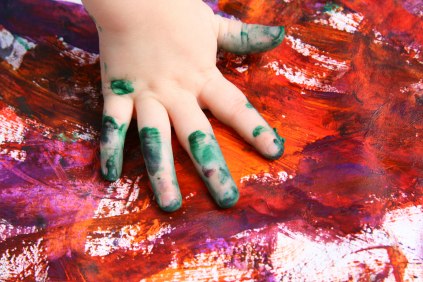The only law pertaining to adoption in India at present is the Hindu Adoption and Maintenance Act (HAMA), framed in 1956. It is applicable to Hindus, Sikhs, Buddhists and Jains. In the case of Muslims, Christians and other minorities, the Guardianship and Wards Act of 1890 comes into operation, which entitles them to become guardians of a child, but does not legally permit them to adopt.

The Legal Aspects of Adoption [Illustration by Shinod AP]
HAMA does not allow a married Hindu woman the right to adopt, nor does it allow a Hindu couple to adopt a second child of the same sex.
The Union government recently set up a core group to suggest changes to the adoption law. One of the recommendations of the group was to promulgate a special Act. However, no action has been taken on these recommendations.
For foreigners seeking to adopt an Indian child, the task is more laborious. They have to first obtain guardianship of the child in India and then adopt the child according to the adoption laws of the country of their origin.
It was to address these issues that CARA was set up by the Indian government as a nodal body in charge of both in-country and inter-country adoptions. CARA is assisted by state-level bodies such as the Coordinating Voluntary Adoption Resource Agency (CVARA), voluntary coordinating agencies as well as national “scrutinising” bodies like the Indian Council for Child Welfare (ICCW) and the Indian Council for Social Welfare (ICSW).
With so many agencies and protective clauses involved in the process, it can take months for an adoption application to be cleared. But most parents feel that the waiting period is worth it.










